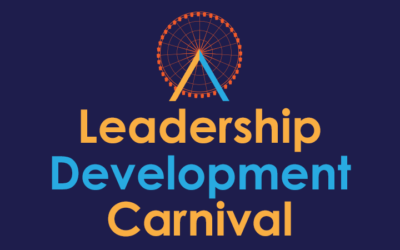It’s not enough to do what’s right, to sustain good habits you have to want what’s right. A much more challenging task.
Lately I’ve been reading The Power of Habit, by Charles Duhigg, because I want to understand how to dig beneath the most deep-seated of daily challenges. The habits we keep failing to overcome – until we do.
Here’s what I’m learning. Willpower can be practiced and thus strengthened, but to make lifelong changes, you have to associate positive outcomes with your new habit. You have to learn to want that new behavior because you know and trust at a deep level in your unconscious that it will lead you to that positive outcome.
Why? Because if you don’t, you won’t change. For example, if you snap at people unthinkingly when you’re under stress and then feel less stressed, even though you know you’ve made them miserable, you’ll keep doing it because you feel less stressed.
So the key to changing unconscious habits is to associate something positive with the new behavior. Instead of relieving stress by barking and yapping at them, use your willpower to ask for their help. Notice when they smile, empathize and pitch in when you don’t snap at them. Allow those positive things to relieve your stress.
This takes self-awareness and willpower to keep noticing that positive association until it becomes instinctive (which, fair warning, can take a reeeeaalllllyyyy long time.)
It takes practice. All InPower techniques do.
What habit can you begin to shift this week by learning to want a new behavior because it gives you something else you want?
Write it down. Commit. Do.
You can do this.
Excellence is an art won by training and habituation. We do not act rightly because we have virtue or excellence, but we rather have those because we have acted rightly. We are what we repeatedly do. Excellence, then, is not an act, but a habit. ~Aristotle






